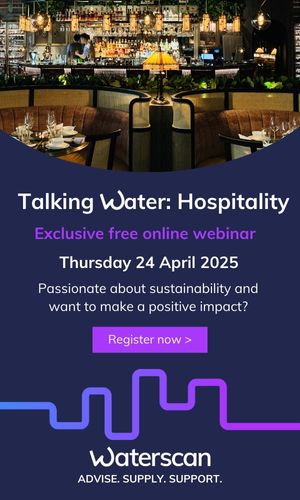Plastic packaging is failing to reduce food waste, and in some cases may be fueling it, according to research by Zero Waste Europe and Friends of the Earth Europe.
The study showed that 37% of all food sold in the EU is wrapped in plastic, making it the most widely used packaging material.
The annual per-capita use of plastic packaging has also grown simultaneously with levels of food waste since the 1950s – which now stand at 30kg and 173kg respectively.
The NGOs said that “big retailers” are driving food and plastic packaging waste in Europe. Multi-packs, for example, “increase the possibility of food waste by restricting choice and forcing consumers to buy more”.
One of the studies cited in the FoE Europe/ZWE report showed how chopping green beans to fit plastic packaging resulted in “30-40% of the beans being wasted”.
Meadhbh Bolger, resource justice campaigner at FoE Europe, said: “Wrapping, bottling and packing food in plastic doesn’t systemically prevent food waste, and sometimes even causes it. It’s a red herring that’s causing terrible pollution of our land, sea and air.”
The packaging industry has long argued that packaging is designed to reduce food waste. “The fundamental challenges of food waste and plastics waste that are highlighted in the FoE report are ones for all societies across the globe to step up to the plate to tackle,” said Paul Vanston, CEO at the Industry Council for Packaging and the Environment (Incpen).
This week the UK government announced a £61.4 million package of funding to boost global research and help countries across the Commonwealth stop plastic waste entering the oceans.
Later this month, WRAP will launch a UK Plastics Pact to “create a plastic system that works – a circular economy where plastic is valued and doesn’t pollute the environment”.









